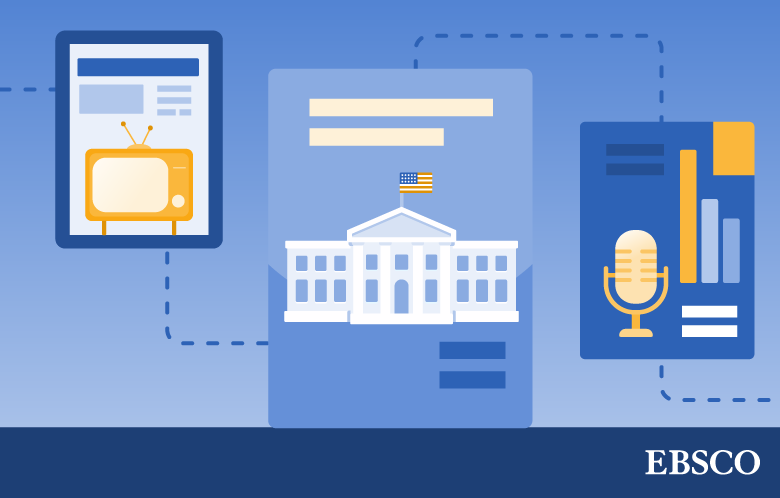The 20th century was a dynamic era for the United States marked by social change, economic upheaval and international conflict. This period produced several landmark presidential elections that not only shaped the course of American history but also reflected the evolving political landscape. Here, we explore coverage of some of the most influential U.S. presidential elections of the 20th century within magazine archives. Cover stories, interviews with experts and opinion pieces provide a glimpse into these iconic elections and the impact they had on the American public.
1. The Election of 1932: Franklin D. Roosevelt and the New Deal
The 1932 election took place during the Great Depression and was pivotal in reshaping the crumbling American economy. Democratic candidate Franklin D. Roosevelt proposed a bold agenda known as the New Deal to address the economic crisis. His victory over incumbent Herbert Hoover would bring about significant social and economic reforms that transformed the role of the federal government. The 1932 election was widely covered in magazines. Coverage includes predictions of voter turnout numbers, Roosevelt’s famous radio speech at the beginning of his campaign, and the various strategies that Hoover and Roosevelt used in their respective campaigns.
2. The Election of 1960: The First Televised Debate
The 1960 election between Democrat John F. Kennedy and Republican Richard Nixon is often noted for its groundbreaking televised debates. The debates played a crucial role in shaping public perception and ultimately contributed to Kennedy’s narrow victory. This election marked the beginning of a new era in political campaigning, emphasizing the importance of image and media. The debates and the election itself were widely covered in the media, including magazine features that discussed public approval of the candidates, the weeks leading up to the election and Kennedy’s win, and the specific issues that were at stake during the election.
3. The Election of 1980: The Rise of Conservatism
The 1980 election represented a significant shift towards conservatism with the election of Ronald Reagan. His victory over incumbent Jimmy Carter signaled a new era in American politics, marked by a resurgence of conservative values and a push for deregulation and lower taxes, which would influence the Republican Party for decades. A very prominent issue at the time of this election was the state of American taxes, so many magazines covered the candidates’ stances about the issue in various articles. Additionally, other coverage discussed the strength of Reagan’s campaign and speculation on what kind of president he would be should he win the election.
4. The Election of 1984: The First Female Candidate for Vice President
This election marked a significant step forward for women in politics when Democratic presidential candidate Walter Mondale selected Congresswoman Geraldine Ferraro to be his running mate for vice president. Ferraro was the first woman to become a vice presidential candidate and would pave the way for other women to appear on the ballot in the future. Incumbent Ronald Reagan ended up winning the election and would go on to serve his second term as President, but Ferraro’s mark on politics and American media through this election can be found in many primary sources such as magazine archives. The 1984 election was a very popular topic in the media because of Ferraro and the high approval rating of President Reagan. Magazine coverage includes interviews with political experts, opinion pieces about Ferraro’s candidacy, and articles discussing the results of public polls.
The presidential elections of the 20th century were more than just contests for office – each one left an impact on the nation, shaping policies, political parties and public discourse. By using magazine archives, researchers can gain a better understanding of these elections and deeper insights into the history of American politics.



